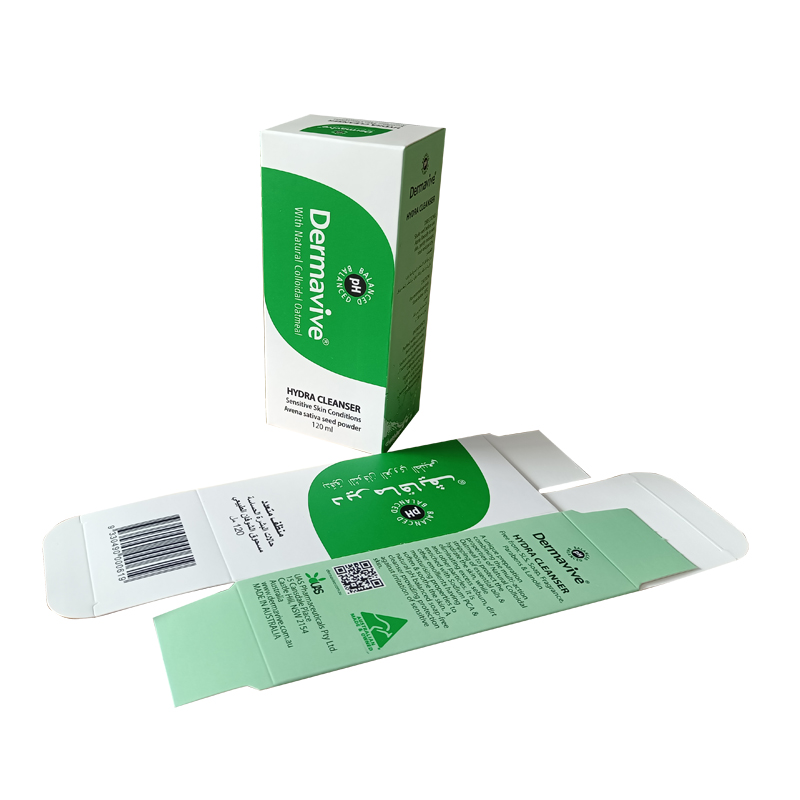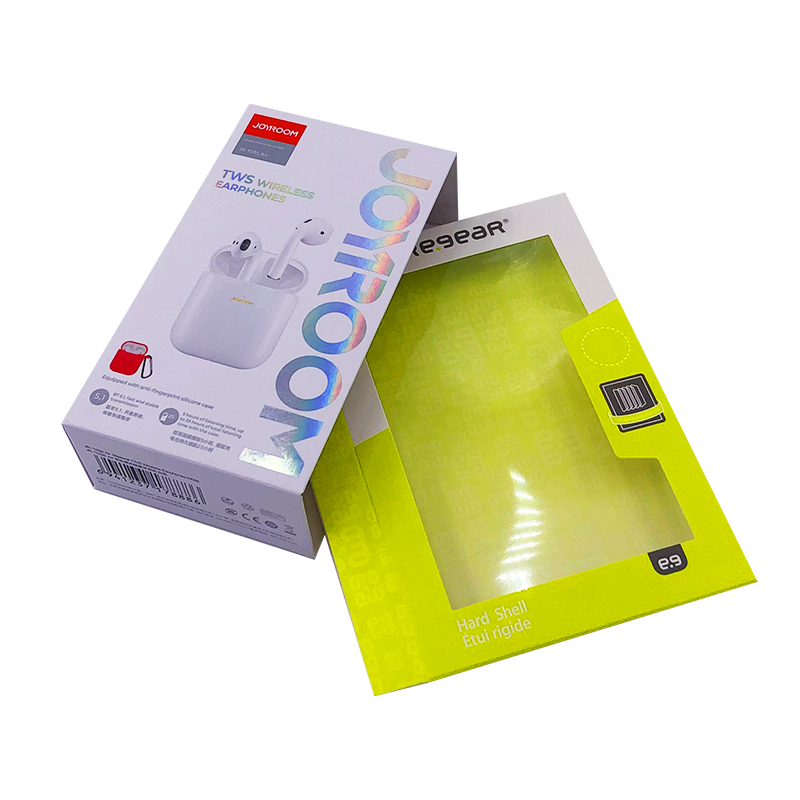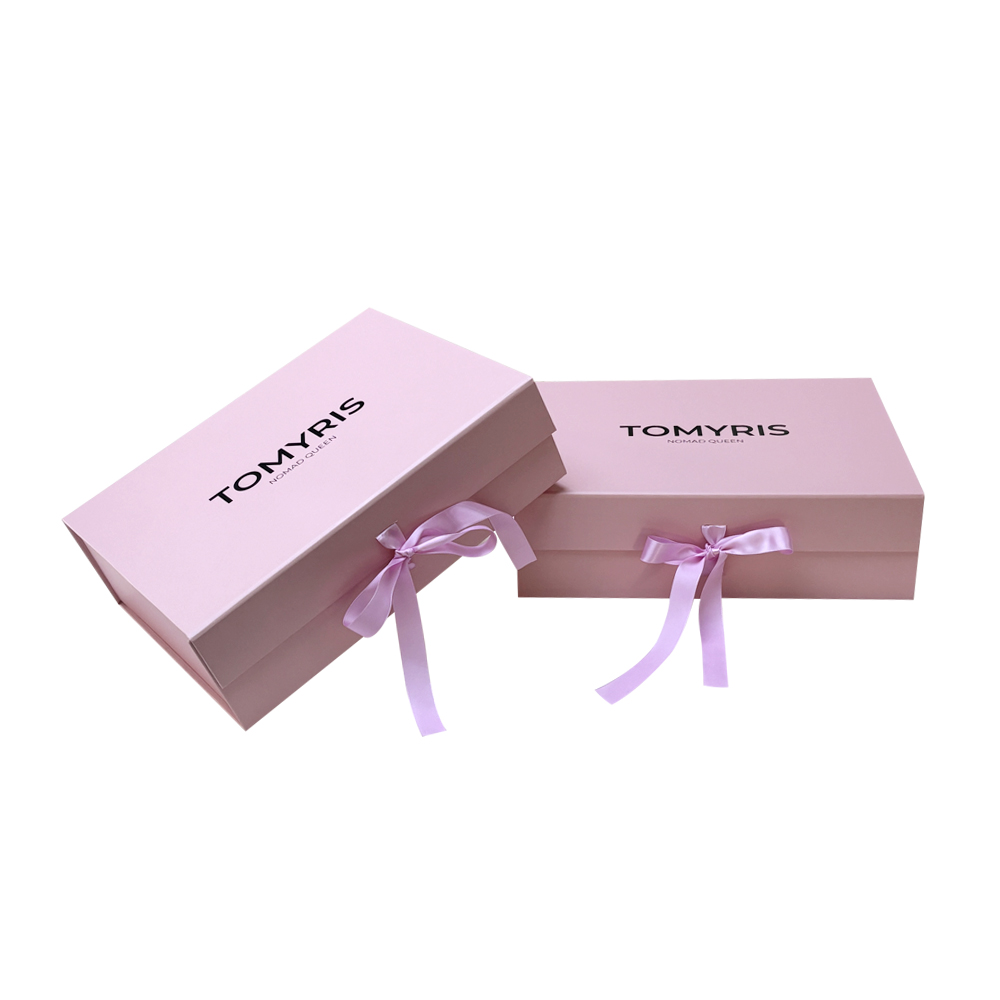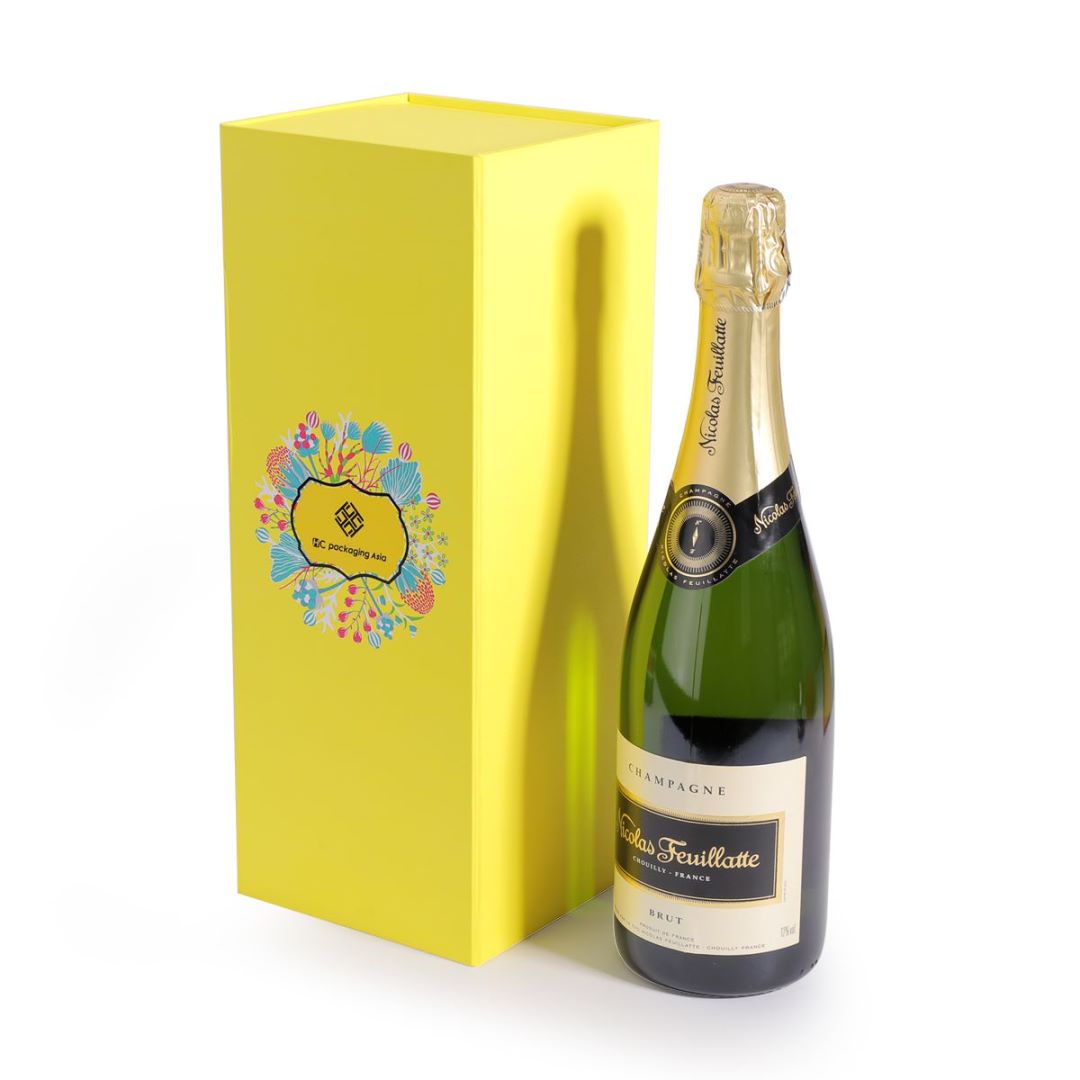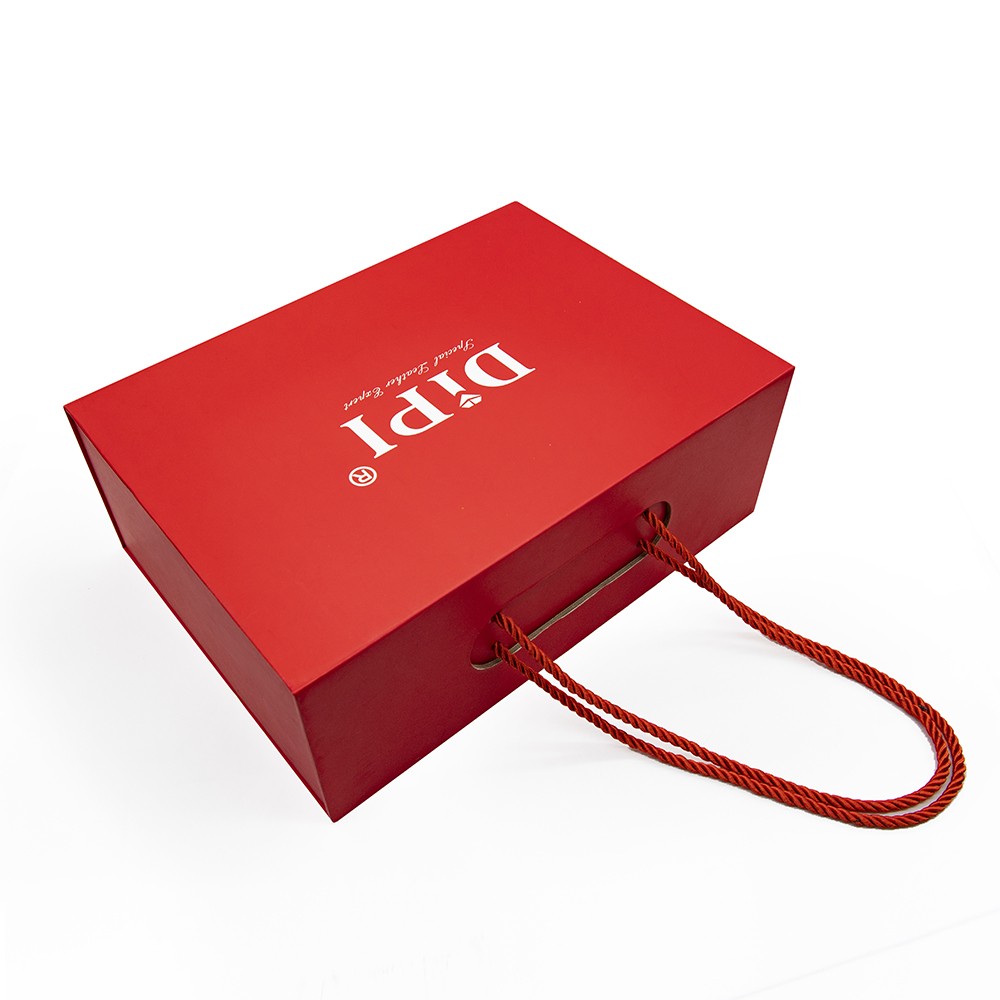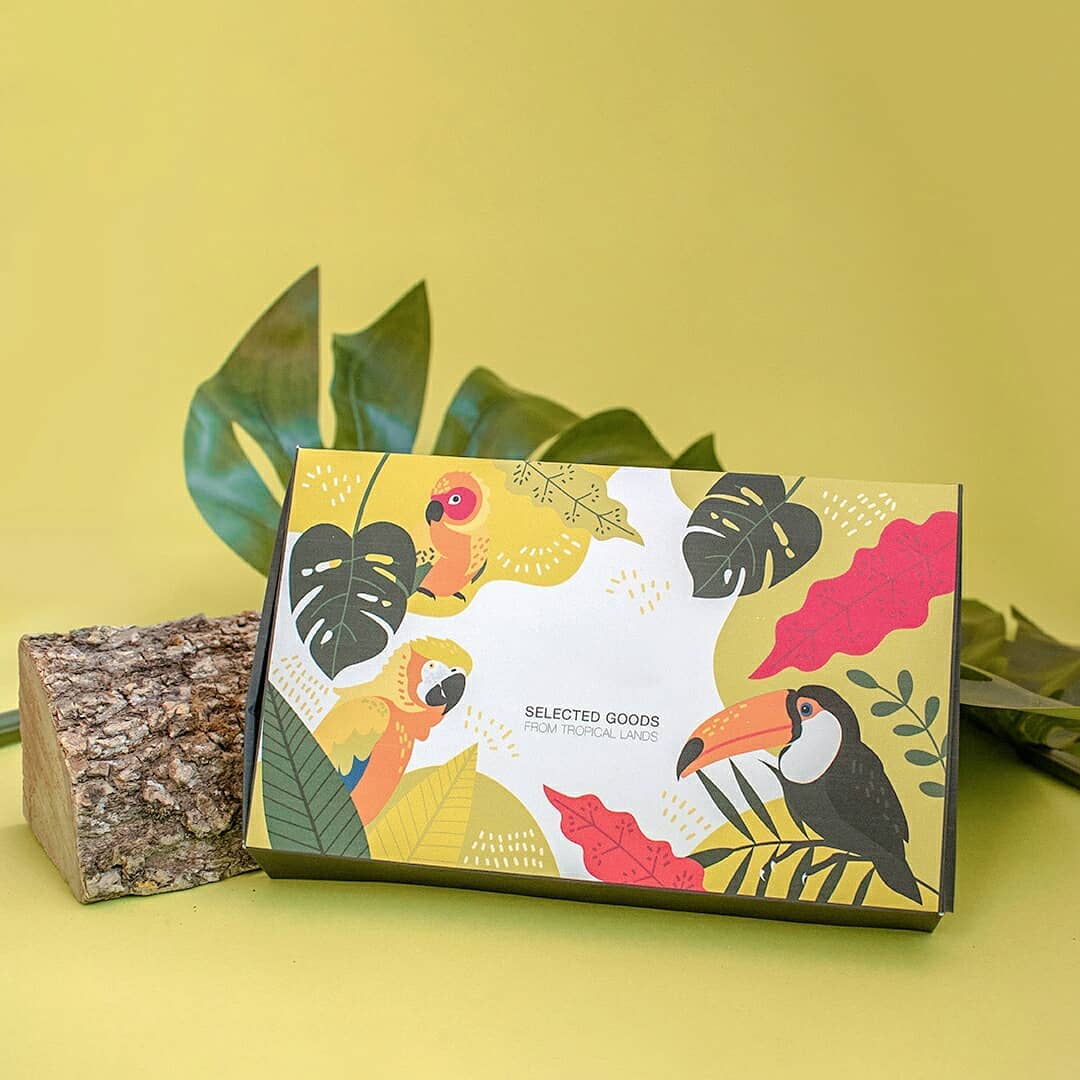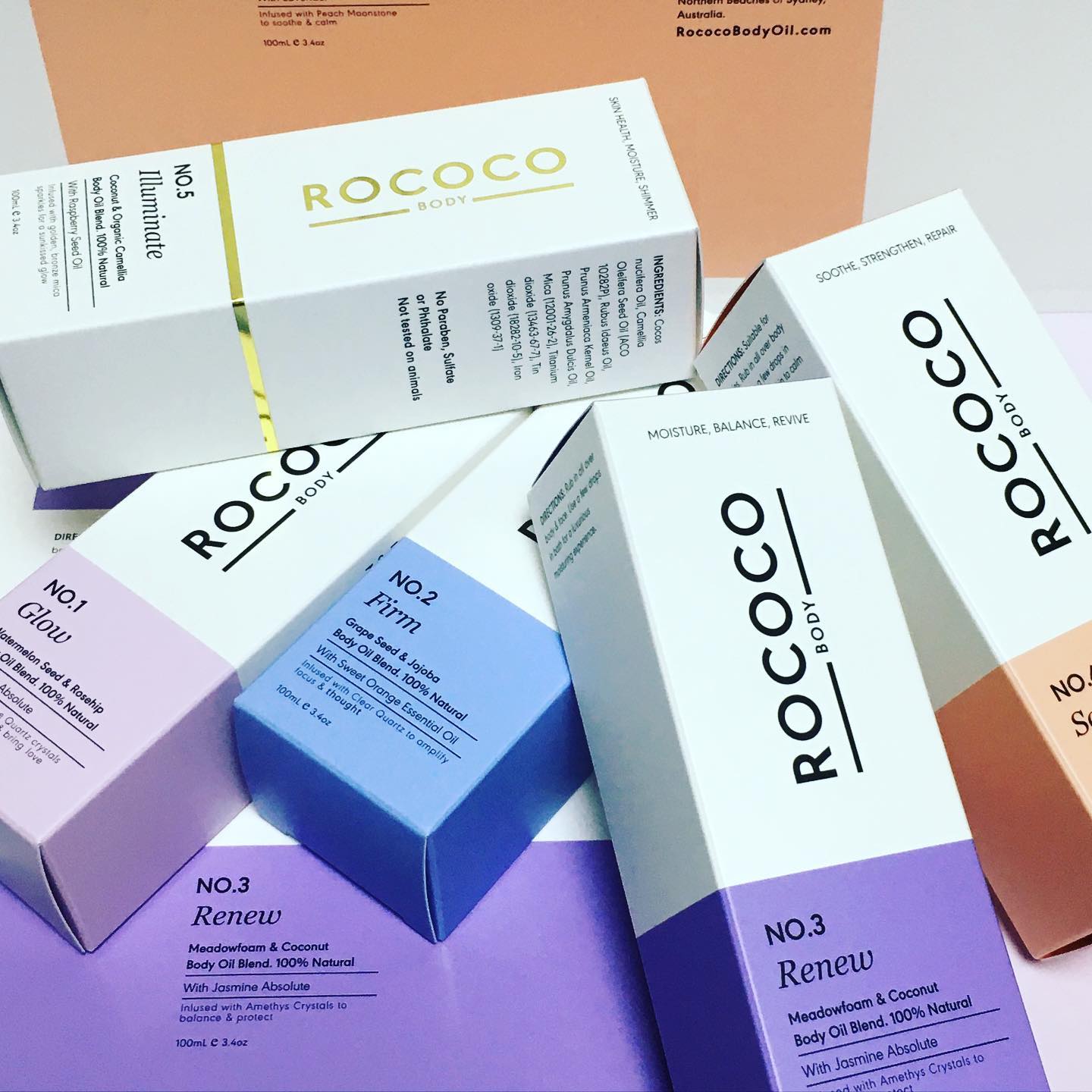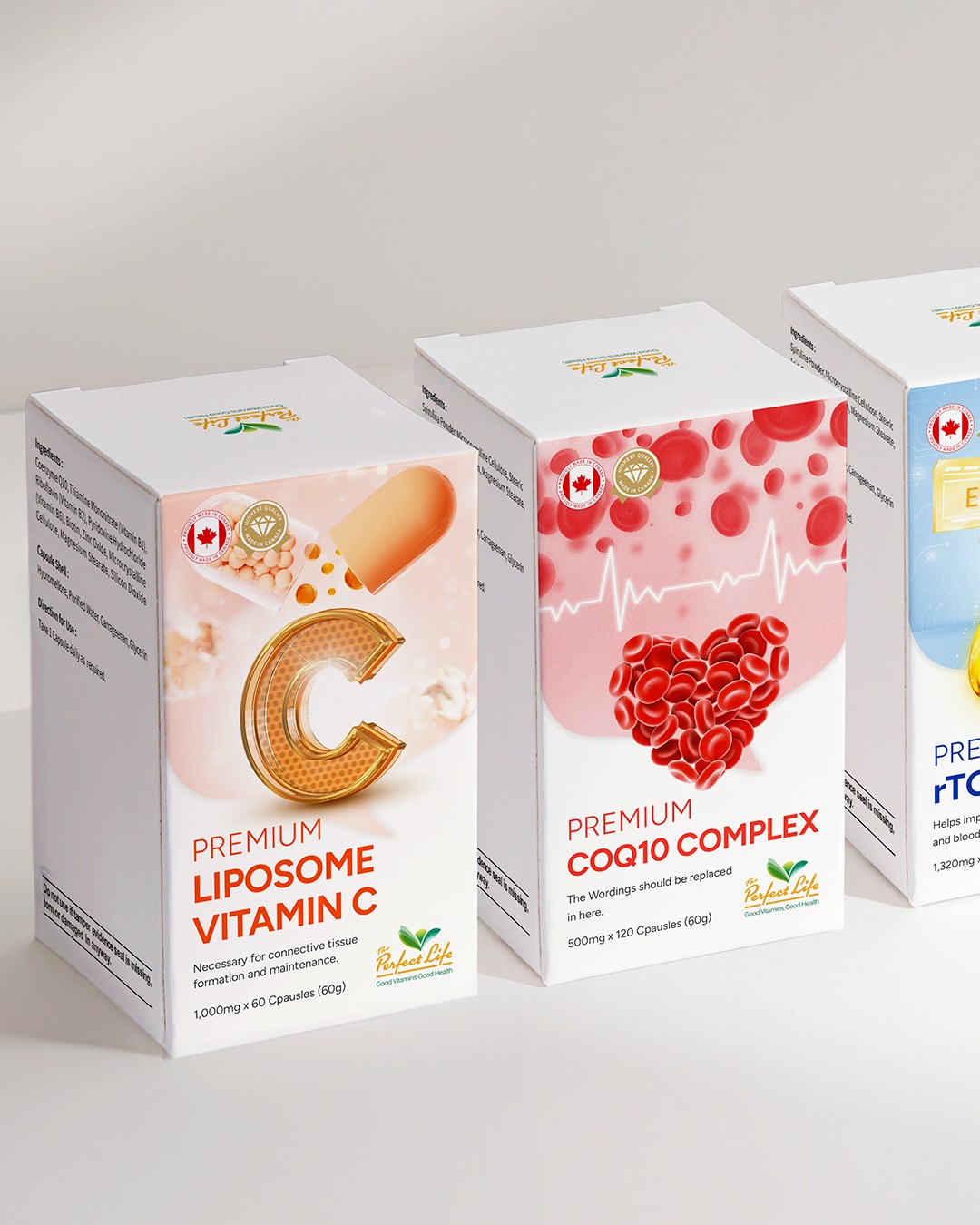Obsah
The beauty industry is evolving rapidly, with new cosmetic products entering the market every day. As consumer demand increasingly shifts towards premium, high-quality products, creating a memorable brand experience becomes more critical than ever. Packaging, often the first touchpoint for consumers, plays a central role in communicating the value and identity of your brand. Whether you’re introducing a new product line or rethinking an existing one, the right cosmetic packaging can set your product apart, engage your audience, and drive sales.
Effective cosmetic packaging is more than just a protective shell for the product; it’s a crucial element of the consumer experience. In a competitive marketplace, packaging must reflect the high standards of the product inside, offering both aesthetic appeal and functional design. Here, we explore three key elements that can elevate your cosmetics packaging into an unforgettable brand experience.
1. Engaging Experiential Packaging
In today’s market, first impressions matter more than ever. The moment a consumer interacts with your packaging, an experience should unfold. Packaging that engages the senses—inviting consumers to touch, open, and explore—is an essential strategy in modern cosmetic packaging design. To stand out in a crowded market, it’s not enough for your packaging to look appealing; it should prompt the consumer to physically engage with it.
1.1 Creating Unique Interactions
To make a lasting impression, think about the tactile and structural design of your packaging. Unique elements such as custom closures, embossed patterns, unusual shapes, and interactive features like windows or textured finishes can captivate consumers. For instance, a round or hexagonal folding carton may be more eye-catching than the typical rectangular design and can grab attention on the retail shelf. These subtle but effective design choices can heighten the emotional appeal of the product and encourage potential buyers to pick it up, which is the first step in the purchasing decision.
1.2 Innovative Structural Design
It’s important not to feel constrained by traditional packaging styles. Innovations like paperboard telescoping boxes offer a fresh alternative to standard chipboard packaging. These types of structures allow for greater design flexibility and can be more cost-effective for brands looking to stand out. When considering innovative packaging designs, work closely with a packaging supplier to develop a concept that’s both visually striking and feasible for high-speed production. New structural designs, when executed properly, can enhance your product’s shelf presence and create a more memorable brand experience.
1.3 Think Outside the Box with Promotional Packaging
Promotional packaging is another powerful tool to engage consumers. This type of packaging often includes value-added features, such as special edition packaging, limited-time designs, or informational kits that create a sense of excitement. Interactive elements that invite the consumer to peel, twist, or unfold can also increase engagement. When executed well, promotional packaging serves not just to enhance the product but also to strengthen the connection between the consumer and the brand. Collaborating with an experienced packaging supplier early on can help transform a creative idea into a tangible, high-impact product.
2. Clear Branding and Messaging
Effective packaging should communicate the brand’s message immediately and clearly. In the cosmetics industry, where consumers are flooded with choices, standing out requires a cohesive, recognizable brand image. A well-defined visual identity—through color, typography, and logo design—helps your product resonate with the right audience and reinforces your brand’s values.
2.1 Consistency Across Your Product Line
Consistency is key when it comes to branding. Your cosmetic packaging should clearly identify your product as part of your broader brand family. Whether you opt for a minimalist design or a bold, colorful look, your packaging must communicate familiarity and trust. A clean, simple design is often associated with high-quality products, while more elaborate designs can communicate fun, youthfulness, or excitement. However, no matter the style, the product should be instantly recognizable as part of your brand.
2.2 The Power of Color in Branding
Color plays a critical role in shaping consumer perceptions. It’s not just about aesthetics; color can communicate the very essence of your brand and the type of experience your product offers. For instance, white and silver tones suggest a clinical, sleek, and modern feel, while darker hues like black and gold evoke luxury and sophistication. Earthy tones, such as greens and browns, often appeal to those seeking natural, organic products. On the other hand, vibrant colors attract a younger, more playful demographic. Consistent use of color across your packaging line makes it easier for consumers to recognize your products, even from a distance.
2.3 Simplify Messaging for Maximum Impact
In the beauty market, less is often more. While you may have a lot to say about your product’s features, benefits, or ingredients, clear, concise messaging is crucial for capturing attention. Too much text can overwhelm the consumer and dilute the overall aesthetic. Instead, focus on delivering a short and compelling message that quickly conveys your brand’s promise. Additionally, incorporating easily recognizable symbols or icons—such as cruelty-free, vegan, or organic certifications—can communicate important product attributes without overcrowding the packaging.
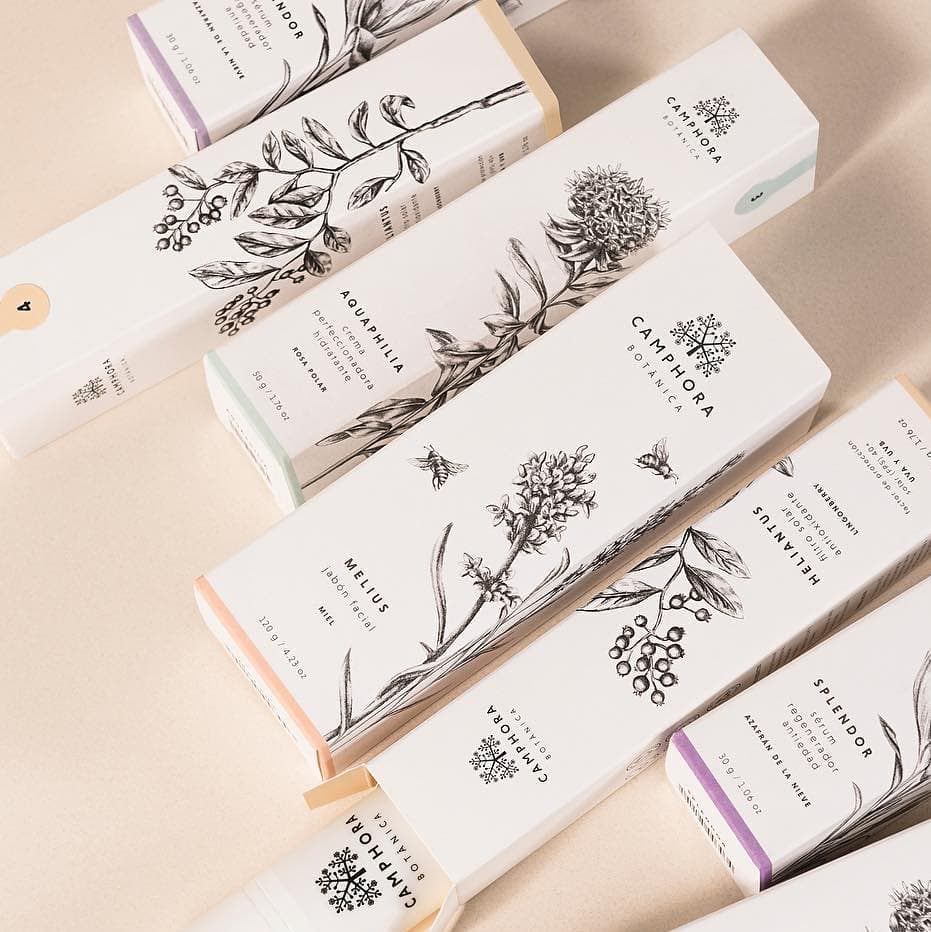
3. A Design that Stands Out from the Crowd
Packaging design is often the deciding factor for consumers when choosing between similar products. In a store filled with numerous competing products, your packaging needs to catch the eye and stand out from the rest. A standout design incorporates elements that appeal not only to the eye but also to the other senses, making the experience more memorable.
3.1 Shape and Finish Make a Difference
The shape of your packaging plays a pivotal role in differentiating your product. A unique, non-traditional shape or a design that has a tactile feature—like a raised logo or an embossed pattern—can elevate your product’s shelf appeal. Complement this with a sophisticated finish, whether matte, glossy, metallic, or holographic, to reinforce the high-quality nature of the product. These details enhance the tactile experience, making the packaging feel more premium and desirable.
3.2 Biomotive Triggers in Design
The concept of “biomotive triggers” refers to design elements that evoke an automatic response from consumers. These triggers could include the smoothness of the finish, the texture of the material, or the shape of the package, all of which contribute to how the consumer feels when interacting with your product. The key is to design packaging that elicits a positive, immediate emotional response. Every aspect of your cosmetic packaging, from the choice of color to the texture, should reflect your brand’s values and create an emotional connection with your customers.
3.3 Multi-Sensory Packaging
Packaging that engages multiple senses offers a deeper connection with the consumer. Beyond visual appeal, tactile elements—such as embossed logos or textured materials—add an extra dimension to the unboxing experience. Interactive features, such as pull tabs or sliding drawers, invite consumers to interact with the packaging in a new and exciting way. Multi-sensory packaging builds anticipation and encourages further engagement, making the consumer more likely to purchase. Techniques like foil stamping or Scodix digital enhancements can also add a premium feel to your packaging, further enhancing the brand experience.
Additional Features for Enhancing Cosmetic Packaging
4. Sustainability in Packaging
As consumers become more environmentally conscious, incorporating sustainable materials and practices into your packaging design is increasingly important. Using recyclable or biodegradable materials not only aligns with eco-friendly values but also appeals to consumers who prioritize sustainability in their purchasing decisions. Consider packaging solutions that reduce waste and promote recycling while still maintaining a high-quality look and feel. Sustainability in packaging can also become a key part of your brand identity, resonating with a growing demographic of environmentally aware customers.
5. Customization for Personalization
Offering personalized packaging can help strengthen the emotional connection with consumers. Customized packaging, whether through limited edition designs, personalized messages, or the ability for consumers to customize the product’s exterior, creates a unique experience that consumers are more likely to remember. Personalization in packaging taps into the growing trend of individualized products and can elevate your brand in the eyes of your customers, making them feel more connected to the product and the brand.
Conclusion: Transforming Packaging into a Brand Experience
In today’s competitive beauty industry, packaging is more than just a protective container—it is a powerful tool for creating a memorable brand experience. By focusing on experiential packaging, clear branding and messaging, and a standout design, your cosmetic packaging can differentiate your product, engage consumers, and build lasting brand loyalty. Whether you’re launching a new product or revamping an existing line, these key elements can help turn your packaging into an integral part of your brand’s success.
Nejčastější dotazy
What role does color play in cosmetic packaging design?
Color is crucial in shaping consumer perceptions of your brand. It communicates emotions and associations that consumers will link to your product. For example, luxurious dark colors like black or gold suggest high-end quality, while lighter tones like pastels indicate gentleness or calmness. Consistency in your color palette helps build brand recognition and trust over time.
How can I make my packaging stand out from competitors?
To stand out, focus on unique packaging shapes, interactive elements, and high-quality finishes that engage the consumer’s senses. Using non-traditional packaging forms, tactile finishes like embossing, or integrating elements such as foil stamping can make your packaging more memorable. Additionally, a clear and strong brand identity conveyed through your packaging will help your product stand apart on crowded shelves.
Is sustainable packaging important for cosmetics?
Yes, sustainable packaging is increasingly important as consumers demand more environmentally friendly options. Using recyclable, biodegradable, or minimalistic packaging not only aligns with global sustainability efforts but can also improve your brand’s image and appeal to eco-conscious customers. Sustainable packaging is becoming a key factor in purchasing decisions, especially in the beauty industry.

